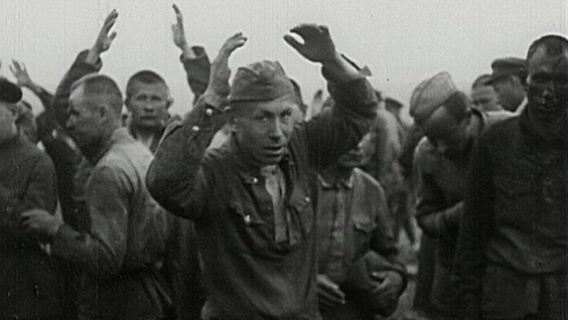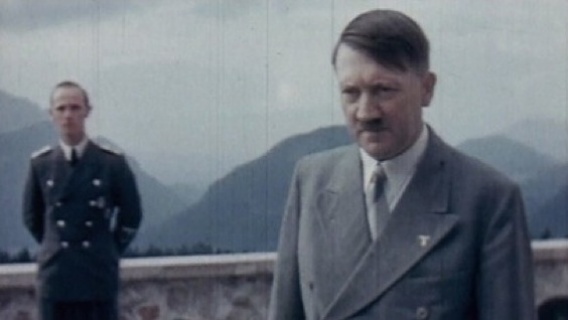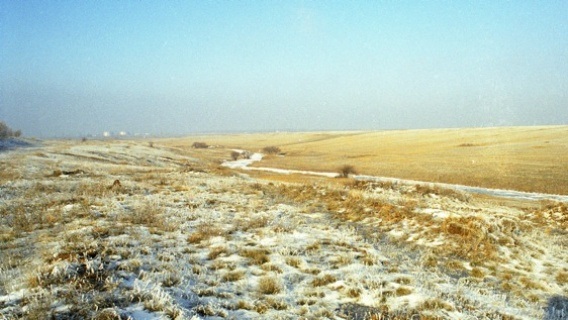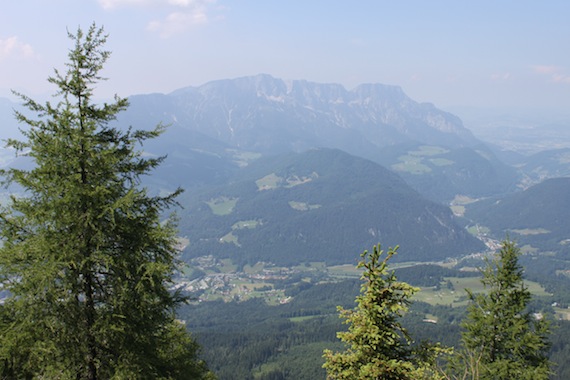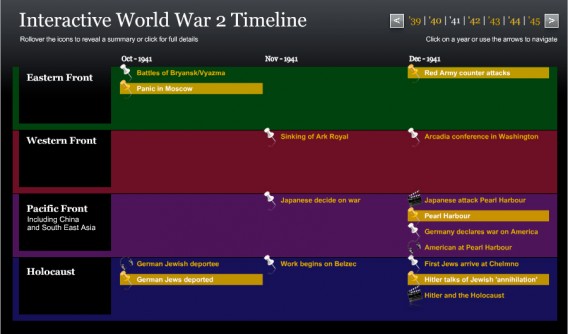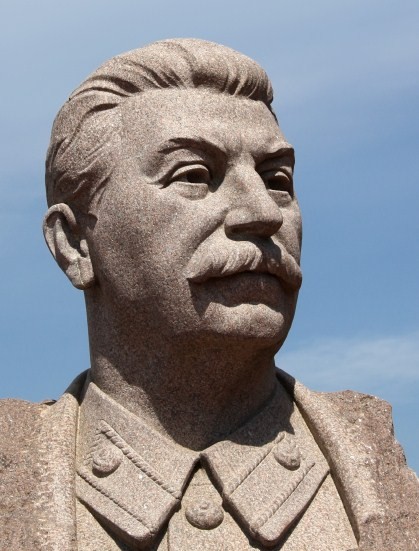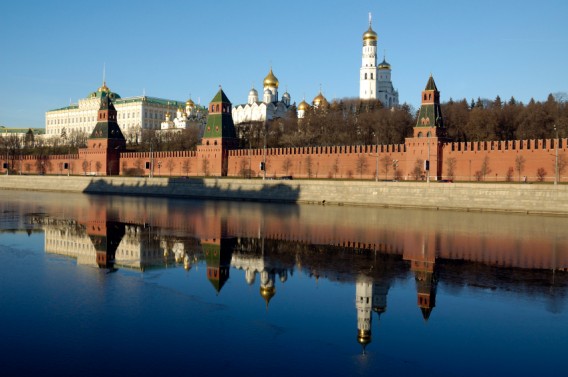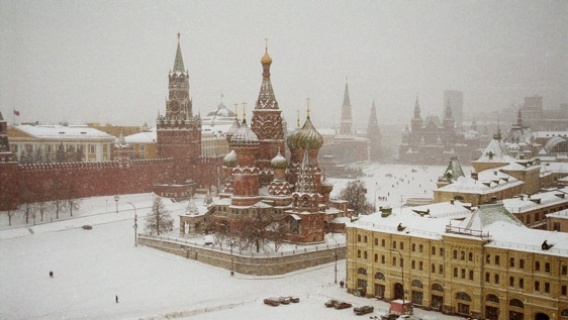
Moscow in the snow
First, I want to ask forgiveness from the few of you who are already aware of my views on this – but, I’m sorry, I can’t let this anniversary go by without mentioning the immense importance of a decision that was taken seventy years ago, on 16 October 1941.
In October 1941 the German Army was closing on Moscow. It seemed as if the Soviet capital might fall to the Nazis. There was panic, as many Muscovites sought to escape the city. And amongst those who favoured running from the enemy was Lavrenti Beria, the head of the NKVD – the Soviet secret police. Stalin’s own armoured train was prepared and waited at Moscow’s central station, ready to carry the Soviet leader east to safety.
But Stalin decided not to run. On 16 October 1941 he resolved to stay and lead the resistance against the Nazis from his office in the Kremlin in the centre of Moscow.
I believe Stalin’s decision to stay was a momentous one. I think that if Stalin had run from Moscow then the capital would have fallen. And Moscow, as the centre of the Soviet road and rail network, would have been an immense prize for the Germans. It’s not too hard to imagine, if this had happened, that Stalin’s authority as leader would have been fatally compromised. Perhaps then – probably then, I think – the Soviet governement would have sought some kind of peace with Hitler, most likely along the lines of the Brest-Litovsk treaty in early 1918 which gave huge amounds of territory, including the Baltic states and Ukraine, to Germany. (Territory which the Germans subsequently lost in the peace settlement after their defeat in WWI).
So think of that, this Sunday, the 16th October. Exactly seventy years ago one man made a decision which could well have decided the outcome of the Second World War and which, unknown to most people in this country, also had a huge effect on all our lives. And, appalling as Joseph Stalin was, we must recognise that it was a decision that took great personal courage and benefited every one of us.
 Twitter
Twitter